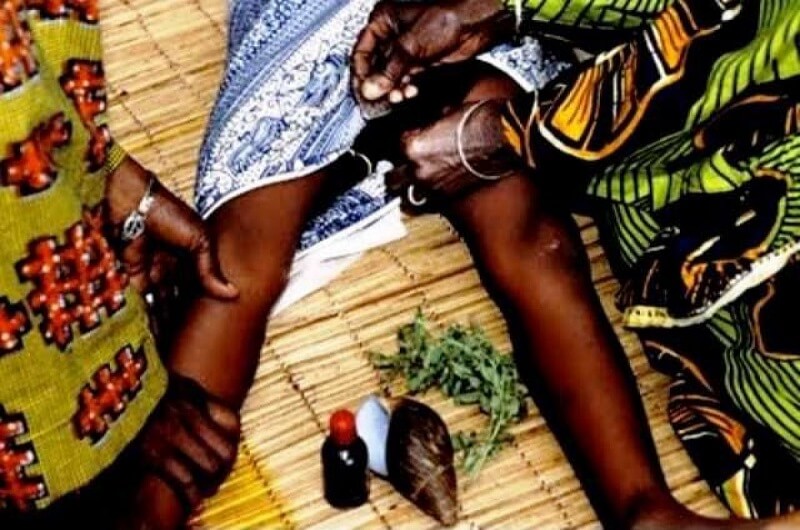UN, WHO Strengthen Fight Against Female Genital Mutilation

In commemoration of the 2025 International Day of Zero Tolerance for Female Genital Mutilation today, the United Nations agencies have reaffirmed their alliance and movements to end Female Genital Mutilation which they said might escalate by 2030.
The agencies include the United Nations Population Fund (UNFPA), the United Nations Children’s Fund, (UNICEF) and the World Health Organisation (WHO).
In a joint statement on Thursday to commemorate the day, they said no fewer than 27 million more girls are at risk of undergoing genital mutilation globally by 2030.
Over 230 million girls and women are said to have been subjected to female genital mutilation.
The statement reads, “There is hope. Many countries have seen a decline in the prevalence of female genital mutilation. We are witnessing progress in countries like Kenya and Uganda, where collaborative action and community-led initiatives are proving that by strengthening alliances and building movements, we can accelerate change.
“Since the launch of the UNFPA-UNICEF Joint Programme on the Elimination of Female Genital Mutilation in 2008, and in collaboration with WHO, close to 7 million girls and women access prevention and protection services. Additionally, 48 million people have made public declarations to abandon the practice, and 220 million individuals were reached by mass media messaging on the issue. In the last two years, close to 12 000 grassroots organizations and 112 000 community and frontline workers galvanized to effect change at this critical juncture.”
The agencies however frowned at the areas where their efforts are been attacked depriving them the proposed goals, saying that such attack could jeopadise their tireless work over decades.
“The fragility of progress made has also become starkly evident. In the Gambia, for example, attempts to repeal the ban on female genital mutilation persist, even after an initial proposal to do so was rejected by its parliament last year. Such efforts could gravely undermine the rights, health and dignity of future generations of girls and women, jeopardizing the tireless work over decades to change attitudes and mobilize communities.”
According to the statement, out of the 31 countries in which data on prevalence are collected nationally, only seven countries are on track to meet the Sustainable Development Goal of ending female genital mutilation by or before 2030. It added that the current rate of progress must accelerate urgently to meet this target.
It further added that the fight against FGM requires strengthened alliances among leaders, grassroots organizations and across sectors spanning health, education and social protection – as well as sustained advocacy and expanded social movements with girls and survivors at the centre.
The agencies while noting that the work requires increased investment in scaling up proven interventions, acknowledged generous donors and partners who are supporting this life-changing work and called on others to join them.
UN, WHO Strengthen Fight Against Female Genital Mutilation is first published on The Whistler Newspaper





